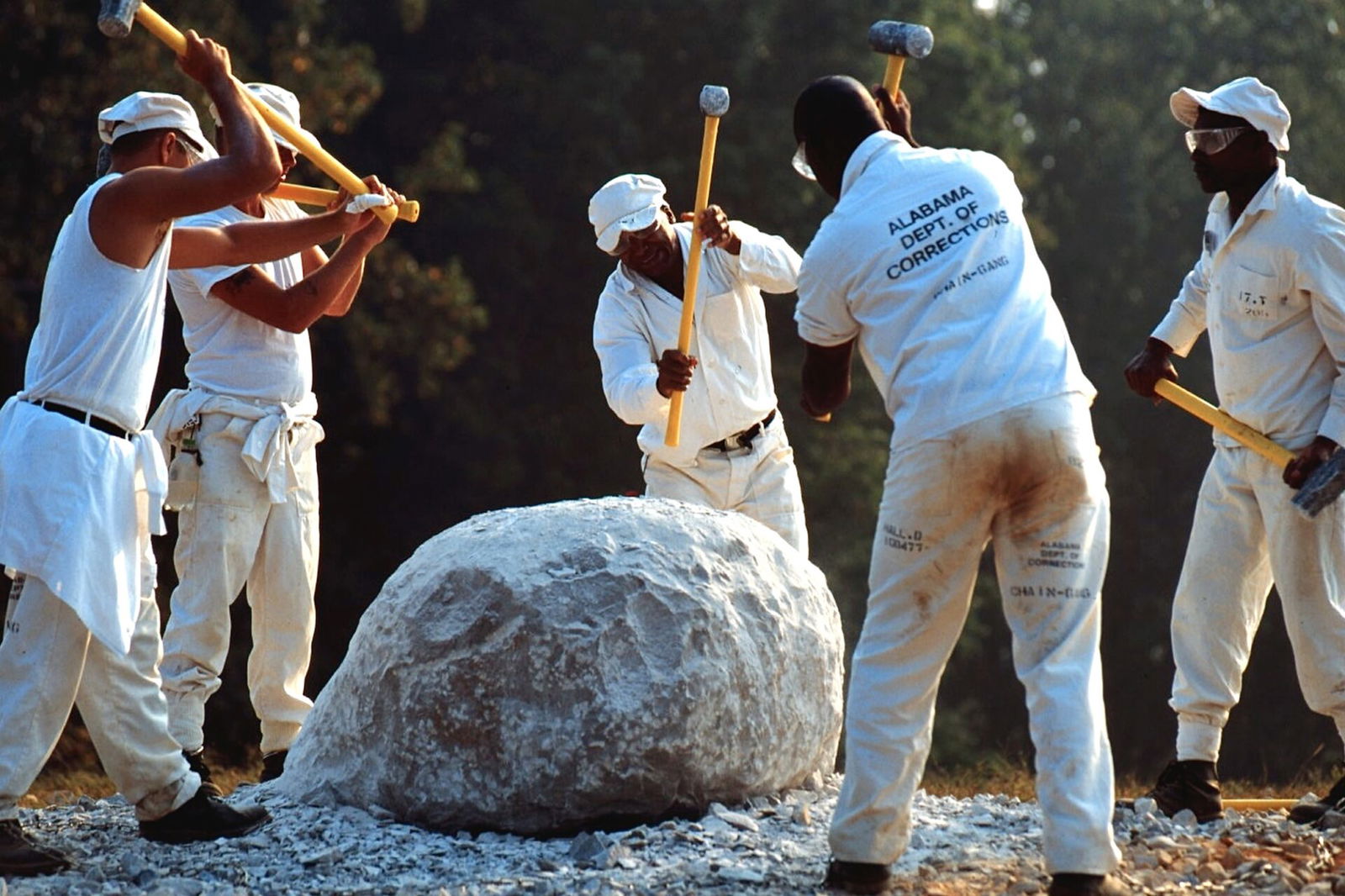
January 31, 2024
New Report Links Some Of Your Favorite Food Chains To Prison Labor
Are you going to stop shopping there or...?
A shocking report from The Associated Press reveals major retailers are linked to one of the country’s largest maximum-security prisons.
Louisiana State Penitentiary is accused of forcing their male prisoners to perform hard labor in extreme conditions to guarantee purchases from popular retailers. Some of the products these prisoners help produce include Frosted Flakes, Ball Park hot dogs, and Coca-Cola. From there, they land on the shelves of stores including Kroger, Target, Aldi, and Whole Foods.
Investigations revealed that certain corporations buy directly from the prison, with some goods being exported, thus violating their own policies against labor. Products are also found to come from countries with blocked goods that use forced or prison labor. However, historical laws in place make these acts perfectly legal.
Under the 13th Amendment of the U.S. Constitution, slavery is banned unless deemed punishment for a crime. Known as the “world’s prison capital,” Louisiana State Penitentiary puts its prisoners to work on the same plantations rooted in slavery that grew cotton, tobacco, and sugarcane more than 150 years ago. Thankfully the clause is being challenged on federal levels in hopes of removing such verbiage.
Louisiana holds the title as having one of the country’s highest incarceration rates, 64% of the prisoners in the state are Black, according to Reuters, almost twice the population of Blacks in Louisiana’s general population.
It’s commonplace for state prisons to host farming programs, but agriculture only represents a small portion of the prison workforce. Since 2019, $200 million worth of farmed goods and livestock have been transported to businesses. Traders like Cargill, Archer Daniels Midland, and Consolidated Grain have been known to purchase millions of dollars worth of soy, corn, and wheat directly from prison farms.
Former inmate Willie Ingram remembers picking everything from cotton to okra during his 51 years behind bars. While serving a life sentence for a crime he says he didn’t commit, armed guards on horseback oversaw Ingram and other inmates. He says they often worked with little or no water in triple-digit heat. On days when prisoners would protest, guards would resort to violence. “They’d come, maybe four in the truck, shields over their face, billy clubs, and they’d beat you right there in the field,” Ingram said.
“They beat you, handcuff you and beat you again.”
Some named corporations claim to be making strides against the labor they are accused of. Cargill has added that “we are now … determining the appropriate remedial action,” while McDonald’s said an investigation will be launched into the claims. Whole Foods said the company” does not allow the use of prison labor in products sold at our stores.”